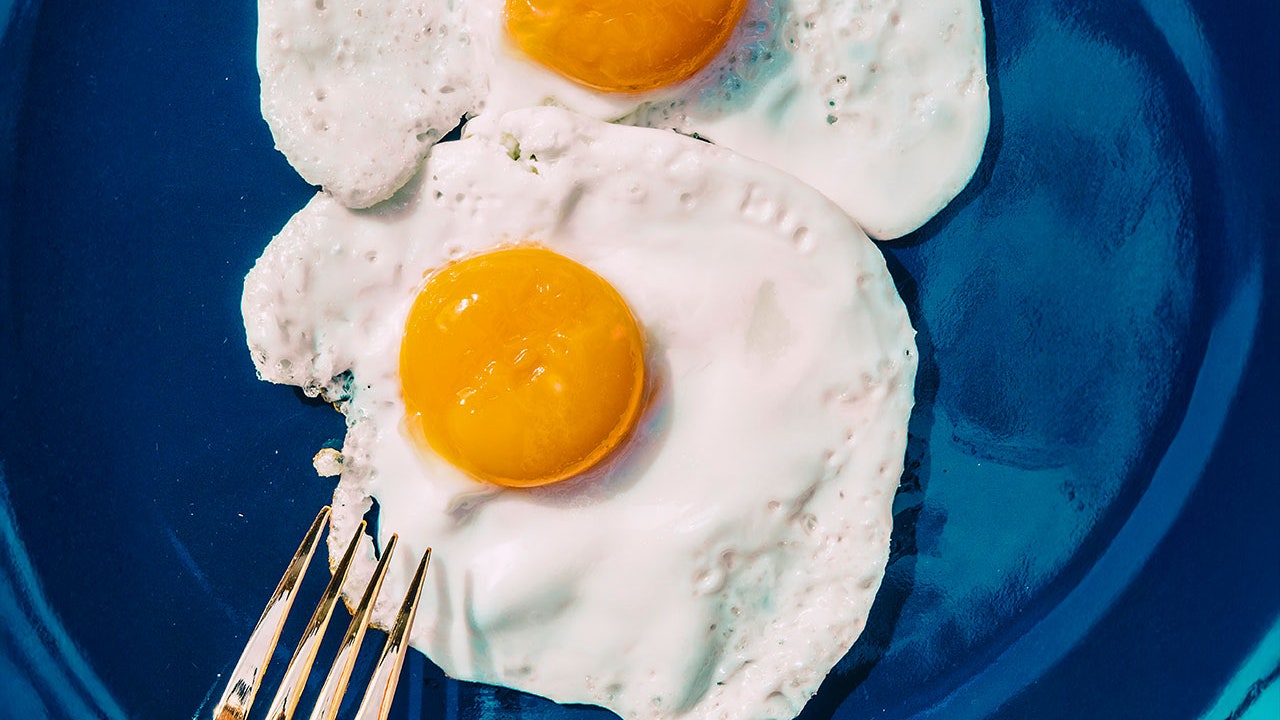Eggs are one of the most versatile foods, according to naturopath Juliette Andreau Juliette Andreau. “They contain many of the nutrients we need: high-quality proteins, fats (especially in the yolk), vitamins (A, D, E, B12), choline (essential for the brain and liver), and minerals like selenium or zinc.”
That’s why she recommends eating them every morning at breakfast. “If you digest them well and have no known allergies or intolerances, there’s no need to worry about eating them every day,” she said.
For a long time, eggs were demonised because of their cholesterol content, but we now know that dietary cholesterol is not the ‘big bad’ we thought it was, especially when part of a balanced overall diet.
That said, it’s quality that makes the real difference. Organic, free-range eggs, even those from small producers, are a completely different story from industrial eggs.
As for the number of eggs to eat each day, she suggests two (or even three if it’s the meal’s only protein intake), to be adapted according to each person’s level of physical activity and diet. The result? “Fewer morning cravings, feeling full and a positive effect on mood.” According to Juliette Andreau, you’ll notice the benefits very quickly — especially if eggs are a substitute for a sweeter option.
Eating eggs every day: what are the health benefits?
Greater mental clarity: “Eggs offer a nutrient that boosts the brain.”
Better hormonal balance: “Thanks to the cholesterol, eggs are essential for the production of sex hormones such as progesterone, estrogen and testosterone.”
Better vision: “Thanks to two major antioxidants, lutein and zeaxanthin, which filter blue light from the eyes to protect them from screens.”
Stronger, shinier, silkier hair: “Thanks to sulfur, a mineral very rich in keratin. Eggs are also rich in biotin, a B vitamin that supports healthy hair, nails and skin. They also contain sulfur amino acids such as methionine, which help detoxify the liver and produce keratin.”
Best cooking methods
“Gentle cooking is the key,” she said. “Ideally, eggs should be soft-boiled or poached: the yolk remains runny, thus preserving vitamins A, D and choline, which are sensitive to heat. By cooking them too intensely, in the form of hard-boiled eggs or omelettes, we lose some of these precious nutrients, and the fats can oxidise.”
4 ideas for breakfast recipes containing eggs
1. Fried eggs + 1 slice of sourdough bread + 1/2 mashed avocado + 1 squeeze of lemon over the avocado and a few pumpkin seeds (or sunflower seeds, poppy seeds, etc.).
2. Soft-boiled eggs + pan-fried tomatoes and mushrooms with herbs + a little feta + a handful of walnuts
3. Poached eggs + 2 handfuls of spinach shoots + 1 slice of salmon (red label/ wild/ organic if possible) + 1 kiwi fruit
4. For those who want to stick with something sweet: protein pancakes with banana and eggs.
A version of this article originally appeared on Vogue France.
